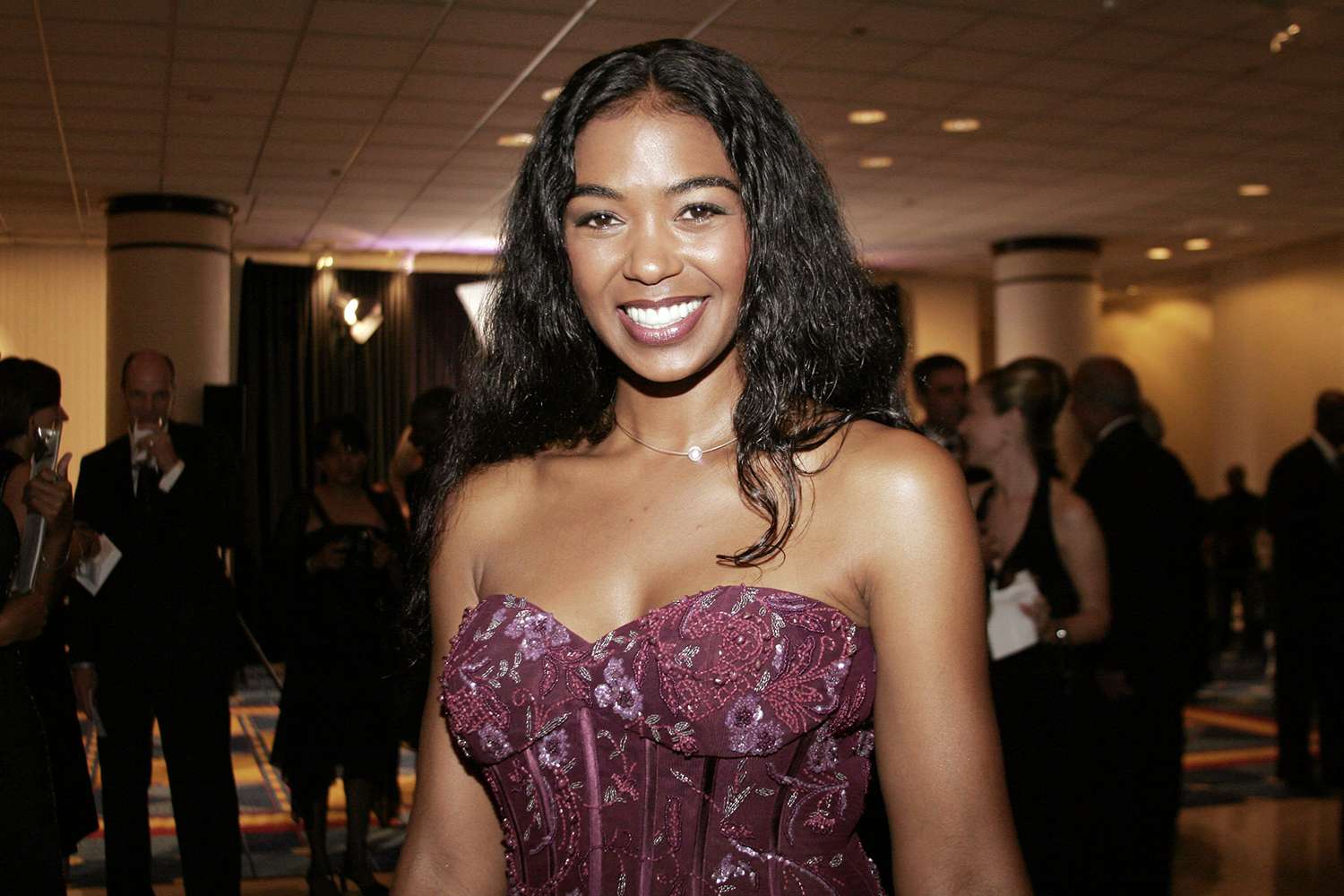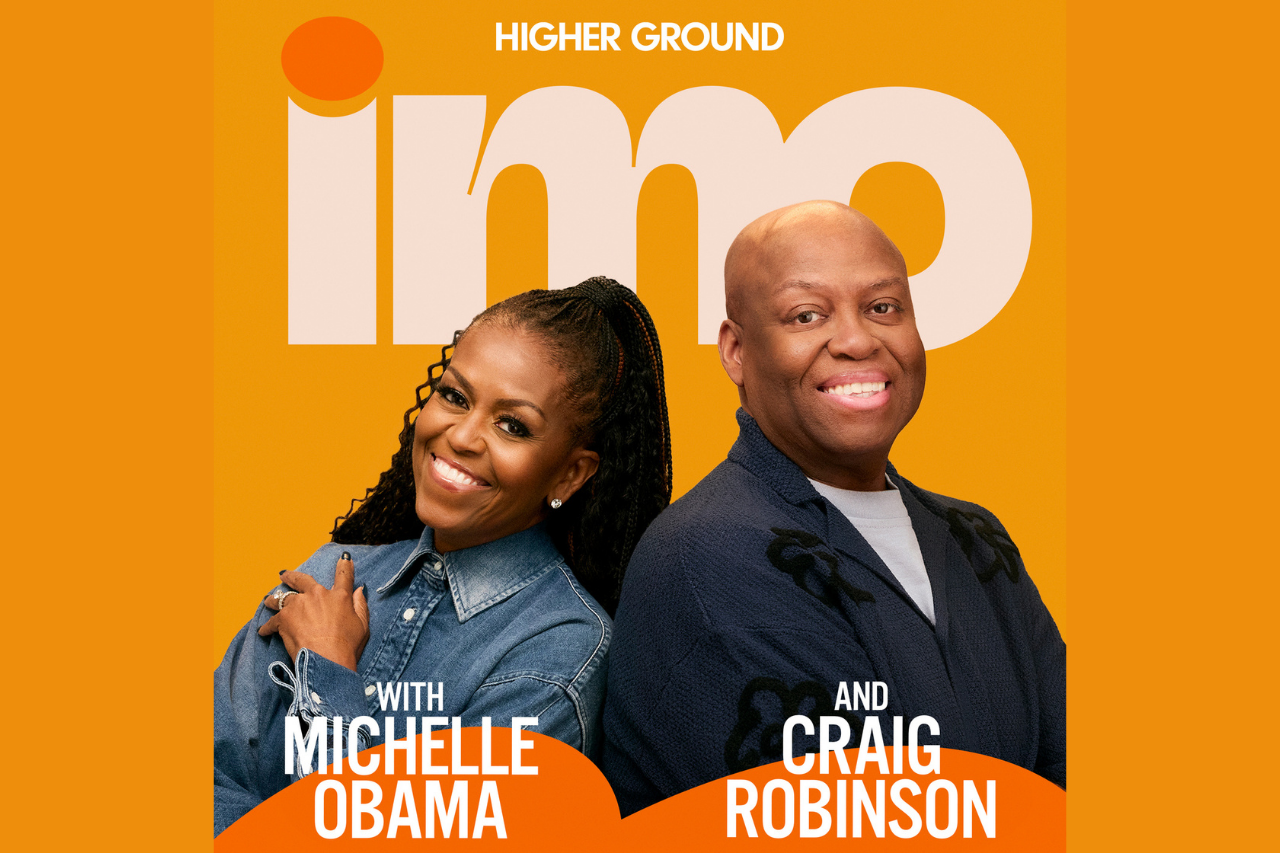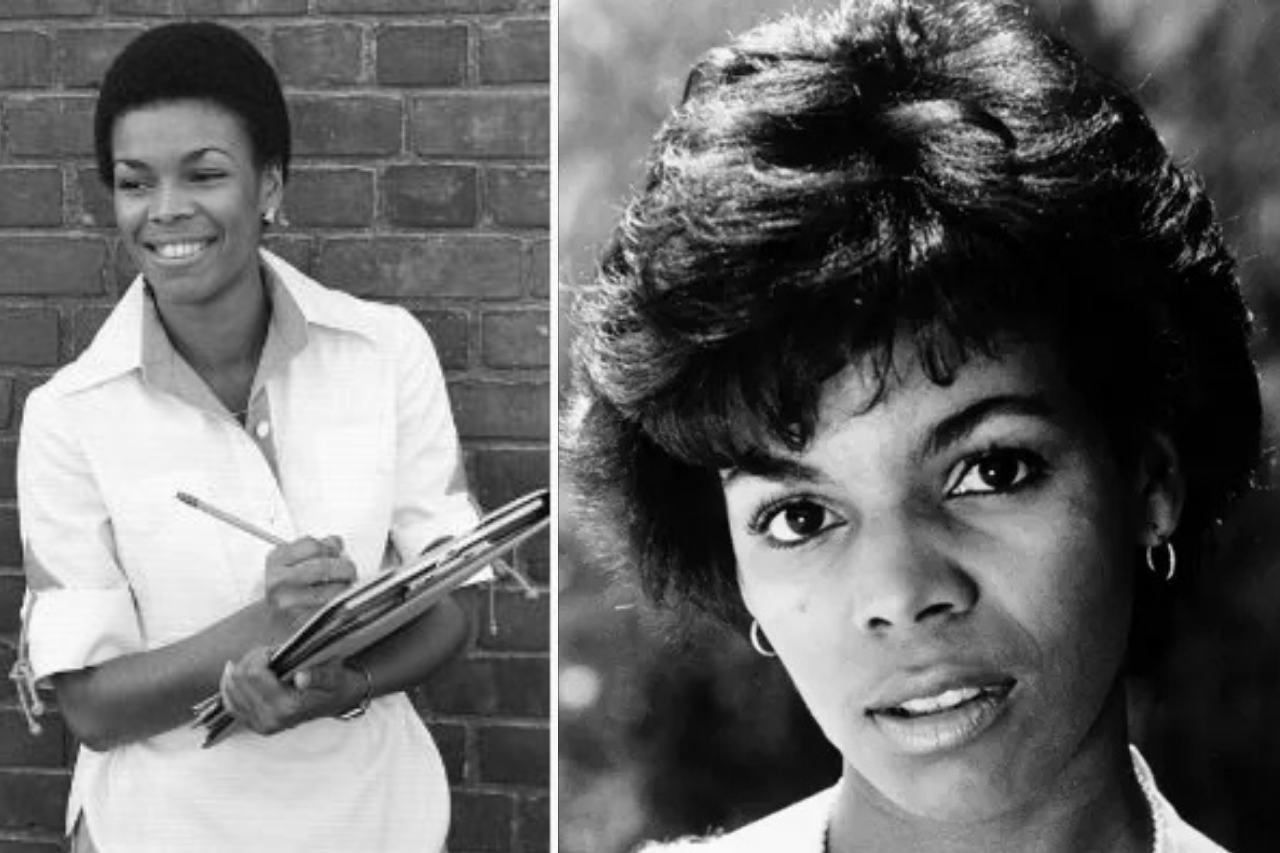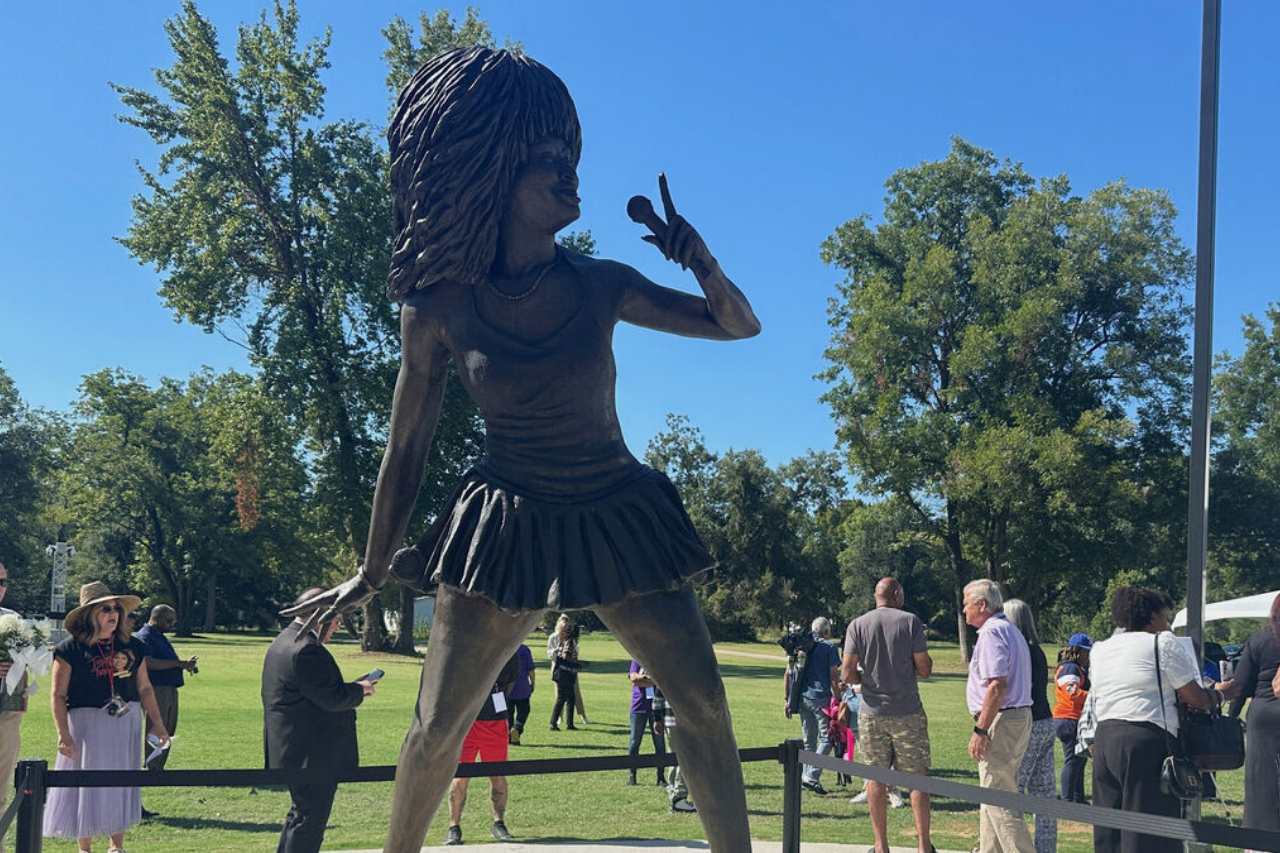When Ananda Lewis passed away on June 11, 2025, at age 52 after a long battle with breast cancer, many in television and music remembered her as a trailblazer. She was more than just a VJ or host. She carried the hopes of young viewers, especially Black youth, who saw in her someone strong, thoughtful, authentic. So when the 2025 MTV Video Music Awards aired without any formal in-show tribute to Lewis, many felt MTV failed her in a way that went beyond oversight.
Ananda Lewis (born Sarasvati Ananda Lewis) dedicated much of her life to being a voice for issues that mattered. She was born on March 21, 1973, in Los Angeles and, after her parents’ divorce, was raised primarily in San Diego by her grandmother and mother. She attended the San Diego School of Creative and Performing Arts: she studied theater, vocal music, dance, and photography. Her early years already showed a creative drive and a concern for community

Her public career took off with BET’s Teen Summit, where she hosted discussions on heavy topics: youth issues, social justice, interviews with prominent figures. Audiences trusted her to treat serious concerns with respect.
It was in 1997 that she began her career with MTV, where she hosted Hot Zone, occasionally co-hosted Total Request Live, and was one of the faces MTV used to push boundaries: live television, talking about culture, interviewing musical artists, speaking her mind. She also launched The Ananda Lewis Show in 2001, a syndicated talk show that tried to steer away from sensationalism and instead provide meaningful conversation on issues affecting everyday people.
Her influence extended far beyond the television studio. She didn’t just speak about empowerment — she practiced it. After years of activism and modeling, she deliberately stepped away from the spotlight and learned a trade, becoming a carpenter and builder. In doing so she embraced the discipline of working with her hands, crafting tangible things in a world that had known her for presenting ideas. That shift became its own statement: a reminder that public figures are not fixed characters but evolving people, capable of redefining themselves and inhabiting multiple, unexpected lives.
Her openness about her illness also mattered. In 2020 she revealed she had been diagnosed with stage III breast cancer, then later it progressed to stage IV. She was candid about her decisions, her fears, about what medical recommendations she accepted or didn’t. She used that journey to try to encourage early detection, to reach people who might delay or avoid screenings for various reasons.
At the 2025 VMAs, MTV did not include Ananda Lewis in a formal in-show memorial tribute. No montage, no segment dedicated to her, no moment of silence announced on stage. For many viewers that felt like erasure. MTV had years to prepare: Lewis died in June. The network, which benefited from her popularity, her credibility, her energy in the ’90s, had opportunity to honor her.
Instead, it was Busta Rhymes who used his acceptance speech for the Rock the Bells Visionary Award to pay tribute to Lewis. He said: “I want to thank — and I think we all need to acknowledge — the incredible woman who loved us very much when we came to MTV during the ’90s … the late, great, incredible royal empress Ananda Lewis. I want to pick up her mother, her father, and her sister Lakshmi.” That moment was powerful. But many felt it was not enough, not when the platform was MTV’s own show, with its full audience, its production, its history with her.
The absence of a formal tribute isn’t just about one show or one award ceremony. It speaks to what society values, what memories are preserved on big stages, and who gets publicly celebrated. Lewis broke ground as a young Black woman in a very public, often male-dominated environment. She showed vulnerability, integrity, range. Her influence was felt by artists, by viewers, by people who grew up watching MTV but also by people who wanted hosts who mattered beyond music video countdowns.
When networks omit someone like her, it sends a message: maybe you’re good enough to host, to smile, to entertain, but not enough to be remembered when you’re gone. That is a harm that multiplies when the person has already spoken openly about mortality, legacy, health, representation.
Also, in today’s culture people expect more accountability. Social media filled quickly with comments of disappointment. Many said: if MTV could air tributes to many others, why not her? If Busta Rhymes can mention her from stage, why did MTV not build the tribute into the show?

If MTV had prepared a tribute segment—recognizing her tenure, quoting her voice, showing clips from TRL, Hot Zone, or her talk show—it would have been a meaningful nod to people who saw themselves reflected in her career. It would have been recognition not just of celebrity but of service: how she pushed culture, how she held space for youth, how she used fame for more than just being seen.
Honoring someone in lifetime is important. Honoring them in death is also part of how culture preserves memory. When that is done inconsistently, it erodes trust: people begin to feel that institutions pick and choose who gets celebrated. Lewis deserved better.
Ananda Lewis was a star in her own right. Her career, her influence, her courage in illness, her commitment to truth and public service made her more than a television host. MTV’s failure to give her a formal tribute at the VMAs isn’t just a programming mistake. It is a moment of collective failure to recognize a woman who gave much, who believed in the power of voice, of representation, of real connection.
Her legacy remains. For those who watched her, who were inspired by her words, who saw possibilities because she was on screen, remembering her means more than flowers on stage. It means carrying forward what she stood for: authenticity, grace, courage, integrity. And it means demanding that networks and institutions remember too.
Discover more from MidScroll
Subscribe to get the latest posts sent to your email.



